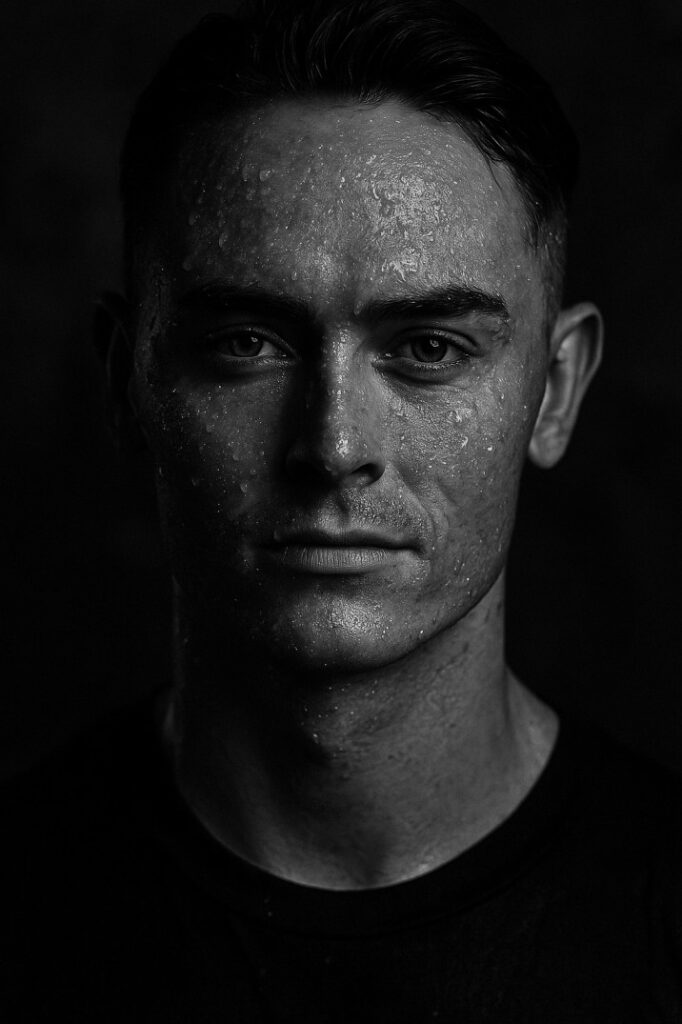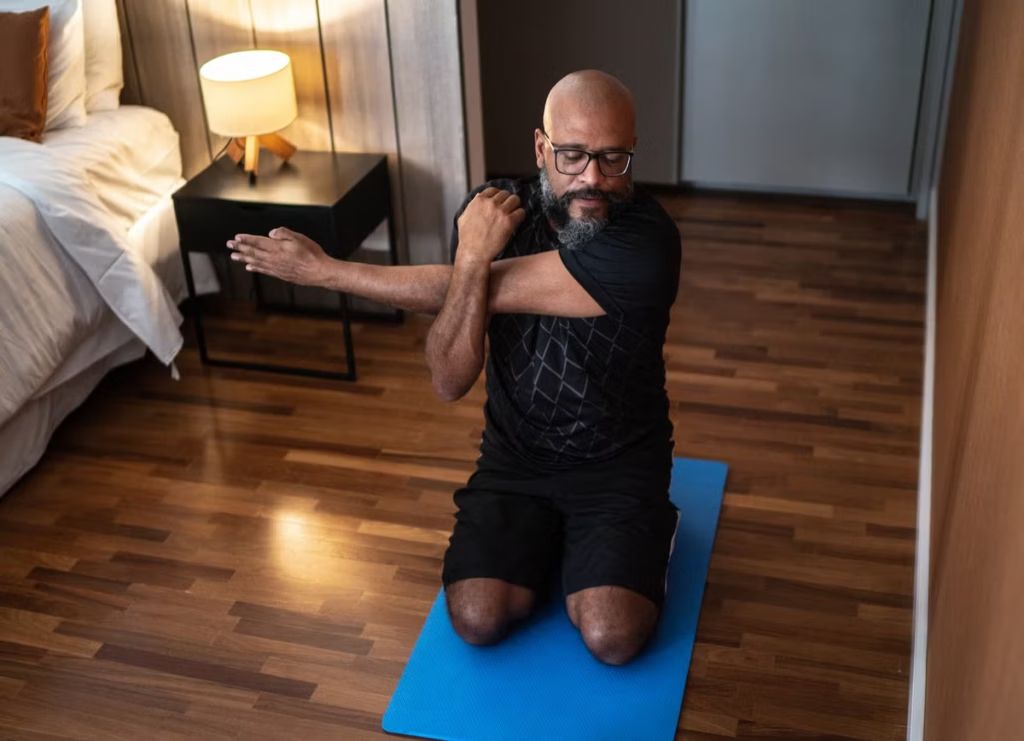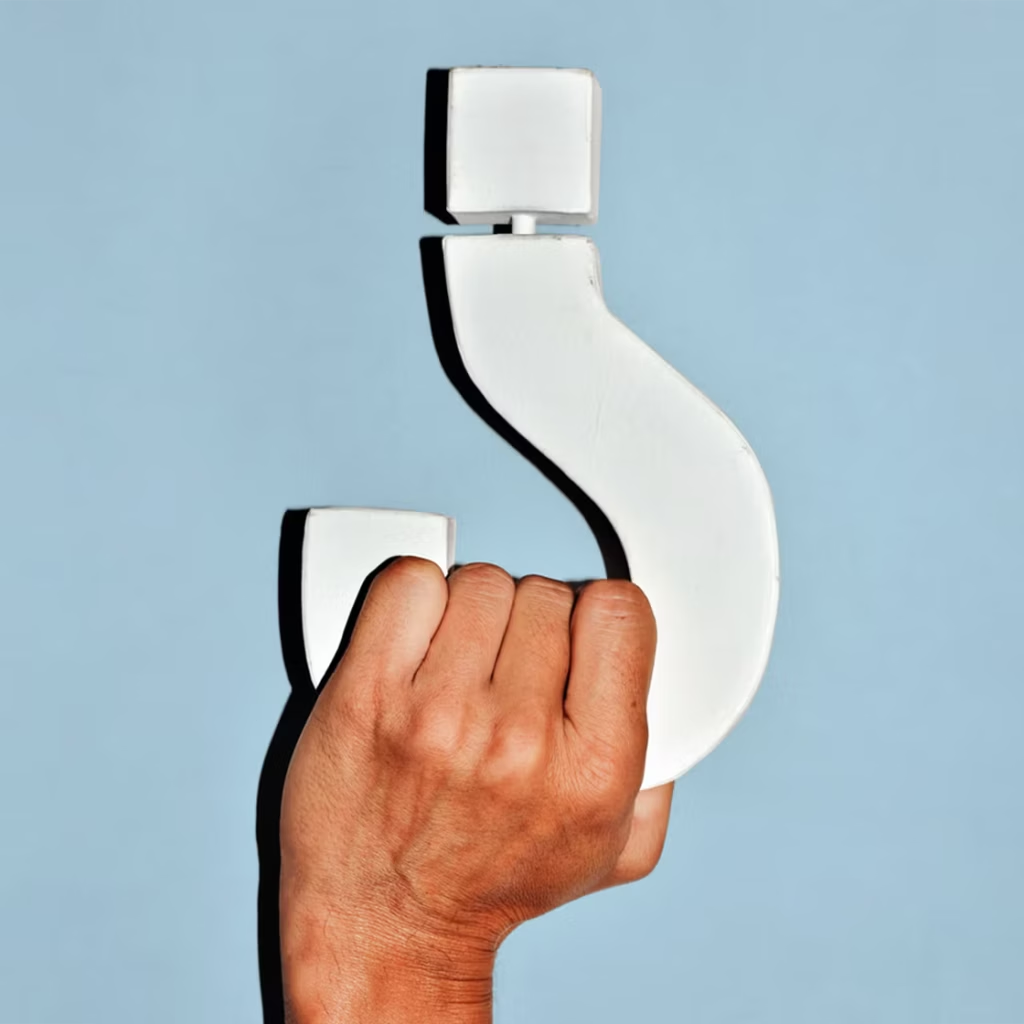We tend to associate white noise with babies…and for good reason. White noise mimics the sounds that baby recently heard all day and all night while in the womb. (It’s very noisy in there!) So, when little ones hear that familiar low and rumbly sound coming from a white noise machine, it does something quite magical. It helps to turn on their innate calming reflex, or their built-in “reset button” to bring on calm and sleep.
In fact, white noise—a combination of various sounds at different frequencies—helped 80% of babies fall asleep in just 5 minutes, according to a 40-baby study published in the peer-reviewed journal Archives of Disease in Childhood.
In short, we are all born craving white noise. And that desire doesn’t just—poof!—disappear once we’re out of nappies. It does, however, change.
When babies reach about 3 to 4 months old, their innate calming reflex fades, but white noise continues to work as an amazing sleep aid. The reason? First, white noise helps distract children from some common sleep hiccups that can arise, such as teething pain, a slightly stuffy nose, or mild hunger. Essentially, white noise gives baby something else to pay attention to, which helps lull them to sleep.
Second, once you begin using white noise during your baby’s bedtime routine, they start to expect it. Little ones recognise that white noise means it’s time for night-night. It’s all very Pavlovian. Think about it: do you still get a little sleepy when you’re slightly jostled while riding shotgun in the car, listening to the steady hum of the highway? If so, you already know that the power of rocking and white noise lasts well past babyhood.
But even if you never heard white noise as a baby, it still could work for you. Once you begin adding white noise to your own bedtime routine, your adult brain will soon start to connect the sound to sleep…just like little babies do.
Another reason why white noise works as a sleep aid no matter your age is because it muffles would-be disruptive sleep sounds, like a loud TV in the next door, a truck passing by your bedroom window, or a snoring partner. Proper white noise creates a kind of “blanket of sound” that masks sudden shifts in sound consistency that often wake people up.
A 2017 report in Frontiers in Neurology found that white noise used in noisy hospitals helped reduce the time it took for patients to fall asleep by about 40%. The key, of course, is selecting the right white noise. Low pitch sounds that are droning, hypnotic, and constant—like the monotonous rumble of road tripping—do the trick. Inconsistent sounds, such as music, waves, or birds chirping don’t offer the same sleep rewards.
In the end, I like to think of white noise just as I think of my favourite pillow or my cozy comforter. It’s yet another healthy sleep tool designed to help get all of us to dreamland—and to stay there.















